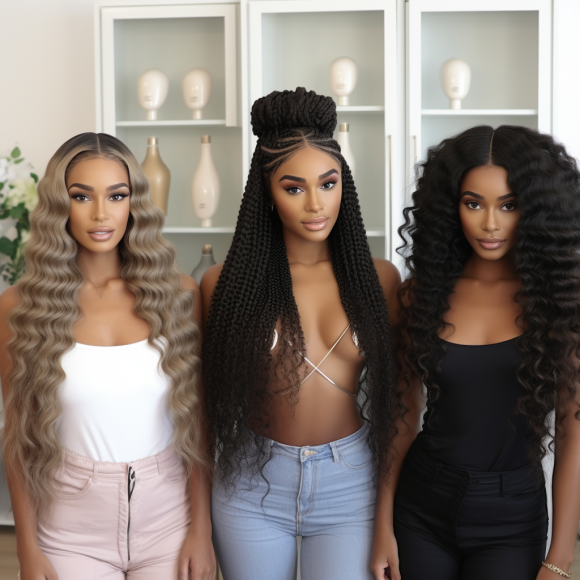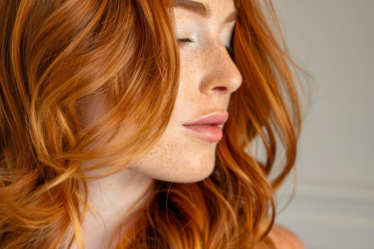Healthy hair starts from the inside out. What you eat can have a significant impact on the health, strength, and appearance of your hair. A diet lacking the right nutrients can lead to hair loss, dryness, brittleness, and slow hair growth. This article explores how certain foods and dietary practices contribute to the vitality of your hair and provides practical advice on what to include in your diet for luscious locks.
Nutrient-Rich Foods for Healthy Hair:
1. Protein: Hair is primarily made of protein, specifically keratin, so maintaining adequate protein intake is crucial for hair strength and growth.
- Foods to Include: Lean meats, fish, poultry, eggs, and legumes. Vegetarians and vegans should consider quinoa, lentils, and nuts as protein-rich alternatives.
2. Omega-3 Fatty Acids: These essential fats are vital for maintaining scalp health. A healthy scalp is the foundation for healthy hair growth.
- Foods to Include: Fatty fish like salmon, mackerel, and sardines, as well as flaxseeds, chia seeds, and walnuts.
3. Vitamins A and C: Both vitamins are crucial for healthy hair. Vitamin A helps the glands in your scalp to produce sebum, which moisturizes the scalp and keeps hair healthy, while Vitamin C is involved in collagen production and iron absorption, two factors that enhance hair growth and repair.
- Foods to Include: Sweet potatoes, carrots, pumpkins, spinach, and kale for Vitamin A; oranges, strawberries, bell peppers, and Brussels sprouts for Vitamin C.
4. Biotin (Vitamin B7): Biotin is well known for its role in hair health. It helps to build hair protein and is often recommended for strengthening hair and promoting hair growth.
- Foods to Include: Almonds, avocados, and dairy products.
5. Iron: Iron deficiency is a major cause of hair loss, particularly in women. Iron is vital for hair growth and is found in the hair follicle where it helps hair cells grow.
- Foods to Include: Red meat, chicken, turkey, pork, and fish. For vegetarians, lentils, spinach, and other leafy greens are good sources.
6. Zinc: Zinc plays an important role in hair tissue growth and repair. It also helps keep the oil glands around the follicles working properly.
- Foods to Include: Beef, spinach, wheat germ, pumpkin seeds, and lentils.
Dietary Practices for Hair Health:
Balanced Diet: Ensuring your diet is balanced and varied is key to getting all the nutrients your hair needs. Consistency in healthy eating optimizes the growth cycle and quality of hair.
Hydration: Keeping hydrated is crucial for flushing out toxins and supporting the health of cells that contribute to hair growth. Aim to drink at least eight glasses of water a day.
Avoiding Dietary Pitfalls: Excessive vitamin A or selenium intake can actually cause hair loss. Always strive for a balanced diet and avoid taking high doses of supplements without consulting a healthcare provider.
Conclusion: Your diet plays a pivotal role in the health of your hair. By incorporating a wide range of nutrient-rich foods, you can nourish your scalp and hair from the inside out. Remember, while changing your diet can boost hair health, the effects might take some time to show. Patience, along with consistent healthy eating, will yield the best results for achieving strong, healthy, and luscious locks.



